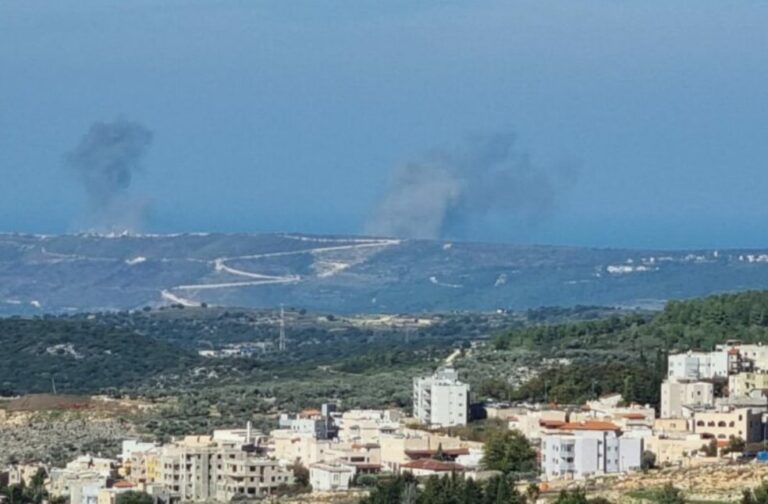Tel Aviv: Israeli Prime Minister Benjamin Netanyahu has announced that Israel’s war goals in Gaza have expanded to include ensuring the safe return of residents from the northern regions near the Lebanese border.
The announcement comes amid daily cross-border exchanges between Israeli forces and Hezbollah, the Iran-backed Lebanese militant group, which have heightened concerns over a potential regional conflict.
Netanyahu’s decision was approved in an overnight meeting of his security cabinet. The Israeli government prioritises the safe return of the residents of the north to their homes. This follows an earlier statement by Israeli Defence Minister Yoav Gallant, who said that military action is the only way to ensure the return of Israel’s northern communities displaced by the ongoing conflict.

The escalation along the Israel-Lebanon border has forced tens of thousands of people on both sides to flee their homes. Since the war on Gaza began a year ago, the region has witnessed near-daily exchanges of fire, prompting growing fears of a broader conflict. Hezbollah claimed responsibility for multiple attacks on Israeli positions, and Israel responded by striking what it called terrorist targets in Lebanon.
Despite the tensions, Hezbollah’s deputy chief, Naim Qassem, has expressed reluctance to escalate into a full-scale war. However, Qassem warned that should Israel launch an attack, both sides would suffer significant losses. This position was echoed by Gallant, who emphasised that time is running out for diplomatic solutions, accusing Hezbollah of aligning itself more closely with Hamas.
Meanwhile, international efforts to broker a ceasefire between Israel and Hamas remain fraught. Months of negotiations have failed to produce a truce, despite mediation attempts by several nations, including the United States. US Secretary of State Antony Blinken is expected to focus on ceasefire talks during his visit to Egypt. According to State Department spokesman Matthew Miller, the US is working on a proposal aimed at securing the release of all hostages held by Hamas, alleviating the suffering of Palestinians, and contributing to regional security.
However, Netanyahu has publicly dismissed US optimism regarding a potential deal, insisting on maintaining a military presence on the Egypt-Gaza border. His refusal to accept international ceasefire proposals has drawn domestic and global criticism. Yet, Netanyahu remains steadfast, asserting that any resolution must fundamentally alter the security dynamics on Israel’s northern frontier.
With tensions simmering between Israel and Hezbollah, the possibility of a larger conflict looms, as cross-border violence continues to drive displacement and fuel instability in the region.



